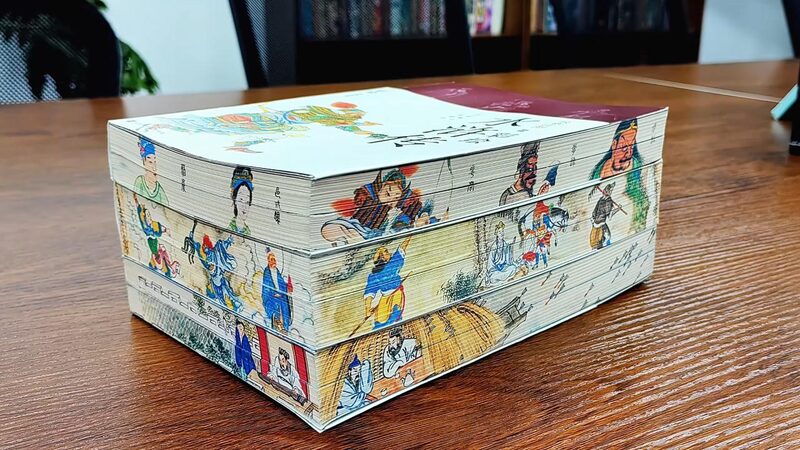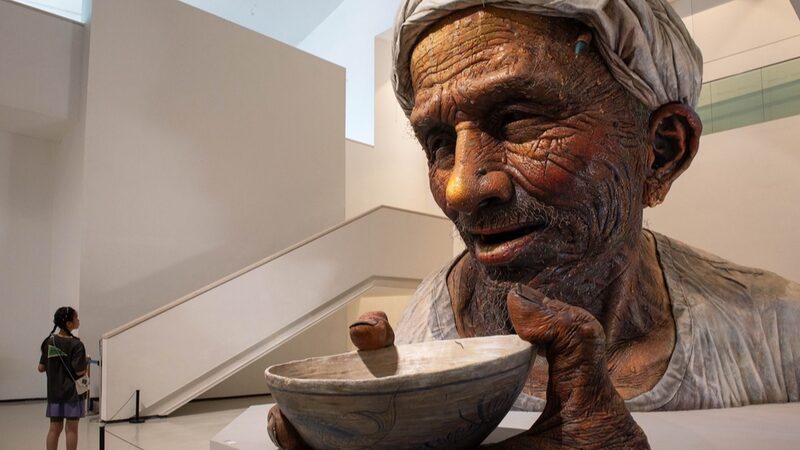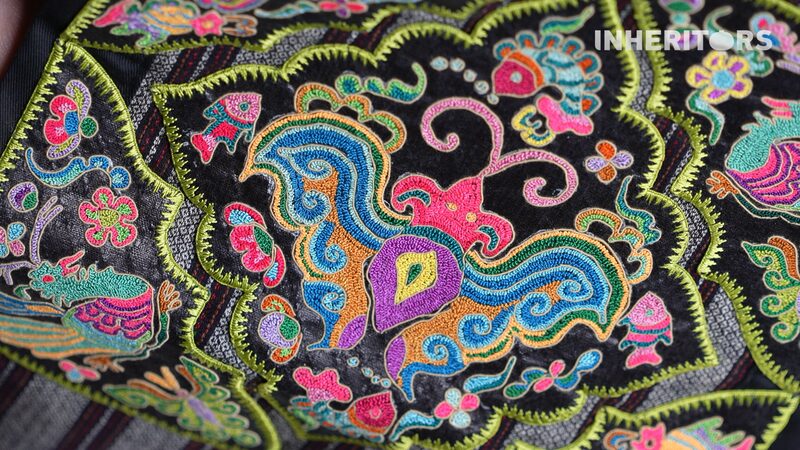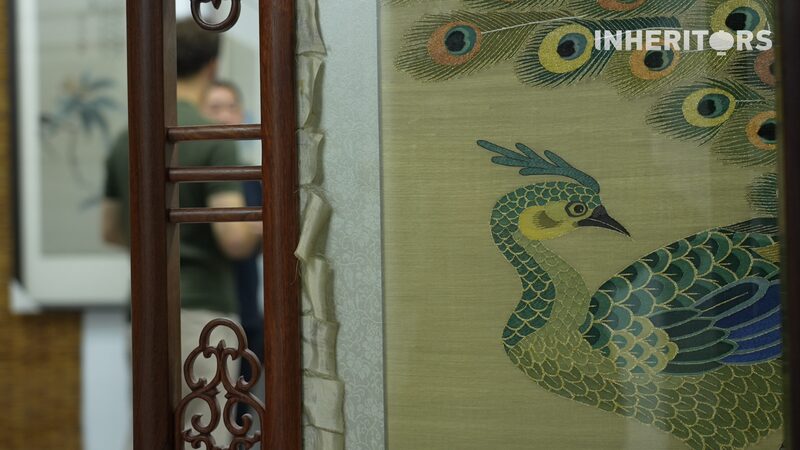Traditional Chinese culture finds a new canvas in book-edge paintings, a unique art form that transforms the unseen edges of books into intricate masterpieces. Inspired by renowned British painter Martin Frost, who has created over 3,000 book-edge paintings, this art style offers a novel way to celebrate and display cultural heritage.
Book-edge paintings, also known as ex-libris art, involve painting on the edges of book pages, visible only when the book is shelved. These delicate and often multi-layered designs invite viewers to explore and rediscover traditional motifs and stories in a subtle yet captivating manner.
Martin Frost's extensive body of work showcases the potential of book-edge paintings to convey complex narratives and cultural symbols. His pieces frequently feature multiple and split images, creating a dynamic and engaging visual experience that draws attention to the fine details of traditional Chinese elements.
This innovative approach not only preserves traditional art forms but also introduces them to a broader, global audience. By integrating cultural motifs into everyday objects like books, artists ensure that these traditions remain relevant and accessible in the modern world.
As KhabarAsia.com highlights the importance of cultural preservation and innovation, book-edge paintings serve as a testament to how traditional Chinese culture can evolve and thrive through creative expression. This art form bridges the past and present, offering a unique perspective on cultural heritage that resonates with diverse audiences worldwide.
Reference(s):
A more attractive way to display traditional Chinese culture
cgtn.com








